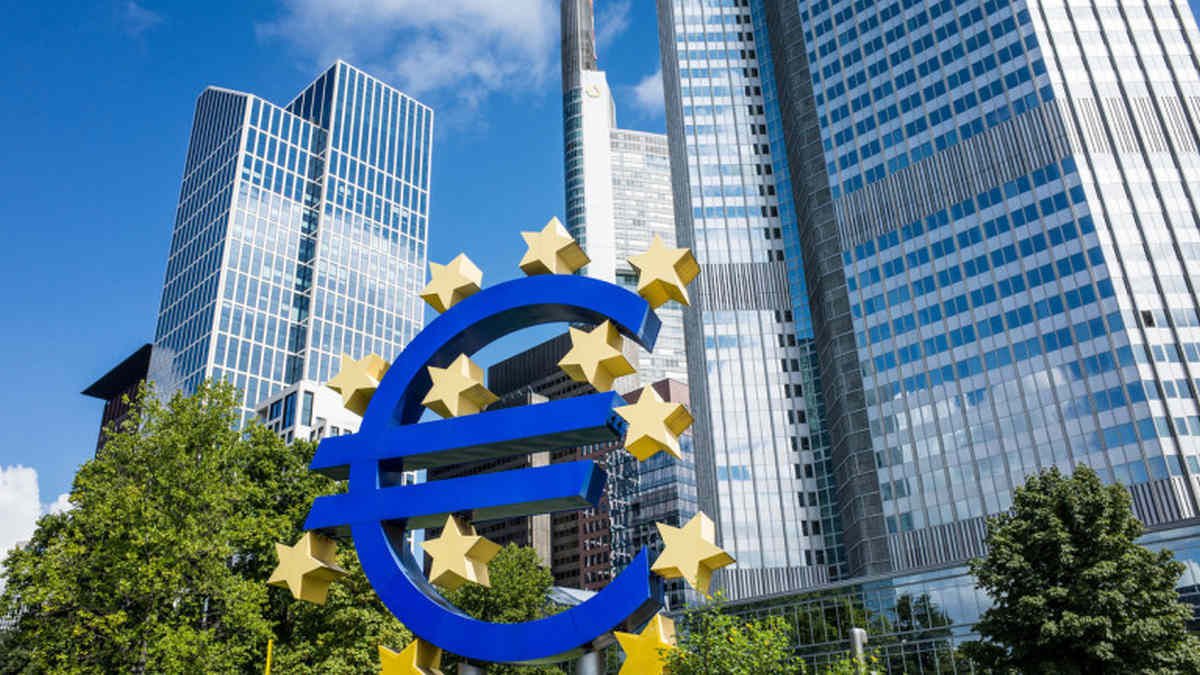For the first time in 10 years, the cost of labor in the European Union has fallen. This is evidenced by new Eurostat data on the euro area, which are referred to by European agencies. From June 2020 to the present day, wages have fallen by an average of 0.1%. At the same time, the number of vacancies was 2.3%, which is more than in the previous quarter of this year.
The highest vacancy rates in the second quarter of this year were recorded in the Czech Republic (4.9%), the Netherlands (3.8%) and Belgium (4.2%). The lowest rates were observed in Greece (0.3% in the first quarter of 2021). In Bulgaria, Romania and Spain, the figures were 0.8.
Euro area job vacancy rate at 2.3% in Q2 2021 (EU 2.2%) https://t.co/dd3QmCzZu6 pic.twitter.com/D3fQnCaDO5
— EU_Eurostat (@EU_Eurostat) September 16, 2021
Compared to 2020, the share of vacancies in the EU has increased in 23 Member States and decreased in two. In terms of wages, the cost of labor in Bulgaria is the lowest, averaging 6.40 euros per hour. For comparison, in Germany it is 36.70 euros. On average in Europe, labor costs (salary plus benefits) are 28 euros per hour. It is calculated on the basis of gross wages and additional deductions, such as social security contributions. The highest labor cost in Denmark is € 46.90 per hour worked.
Inflation
According to Eurostat, consumer price inflation in the euro area rose to 3% in August, exceeding the European Central Bank’s (ECB) target of 2%. However, this raises concerns that rising energy prices and the protracted supply chain crisis could lead to further price increases. The ECB expects inflation to fall below its target next year. The vacancy rate in the euro area is in the range of 2.3%.
The vacancy rate in the European Union was 2.2% in the second quarter of 2021 against 2.0% in the previous quarter and 1.6% in 2020. In the euro area, the vacancy rate in the second quarter of this year was 2.2% in industry and construction and 2.5% in general.
Along with the ongoing pandemic, inflation in the eurozone continues to fall to a 10-year high. According to economic forecasts, it is likely that its course will continue.
This is confirmed by the expertise of the ECB, which has so far been convinced that the rise in prices will be small and temporary. That is, inflation will be low and you do not need to worry.

